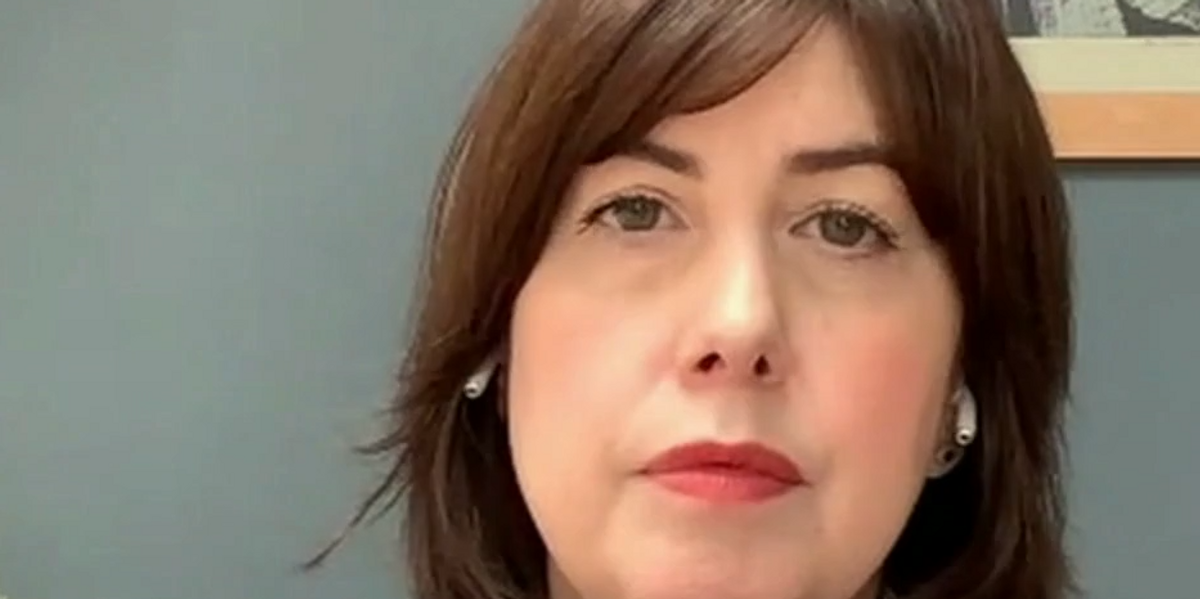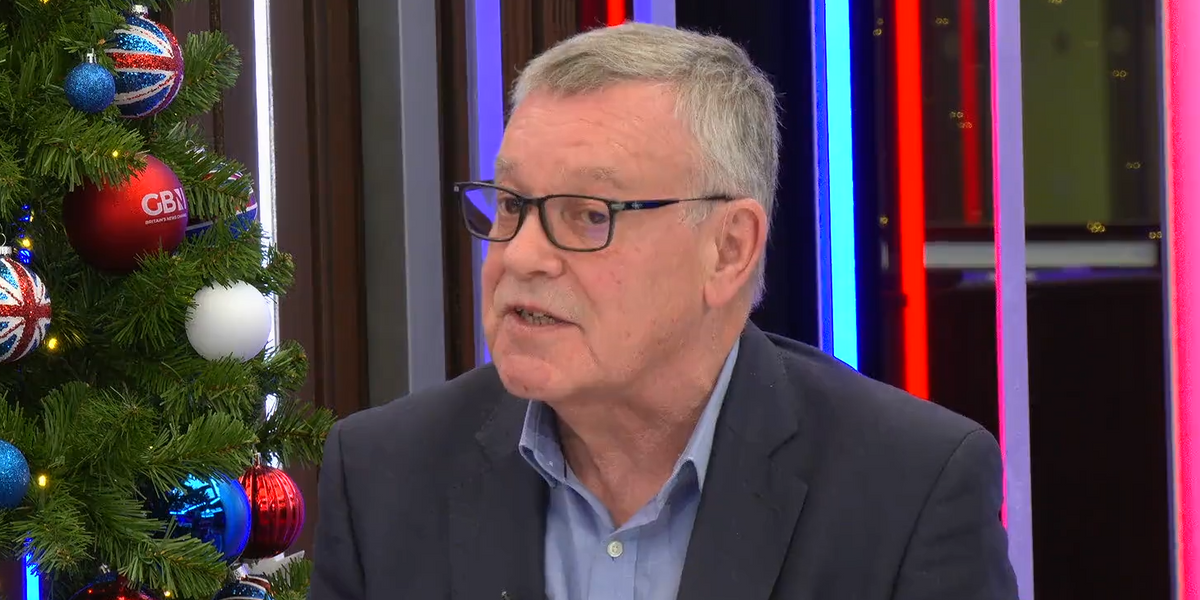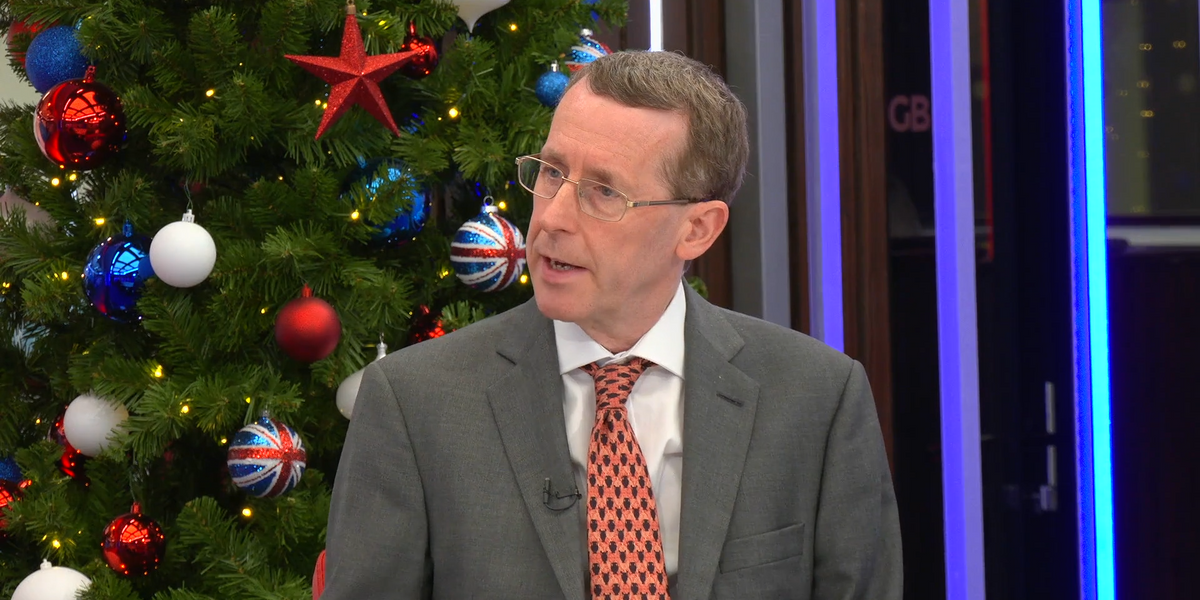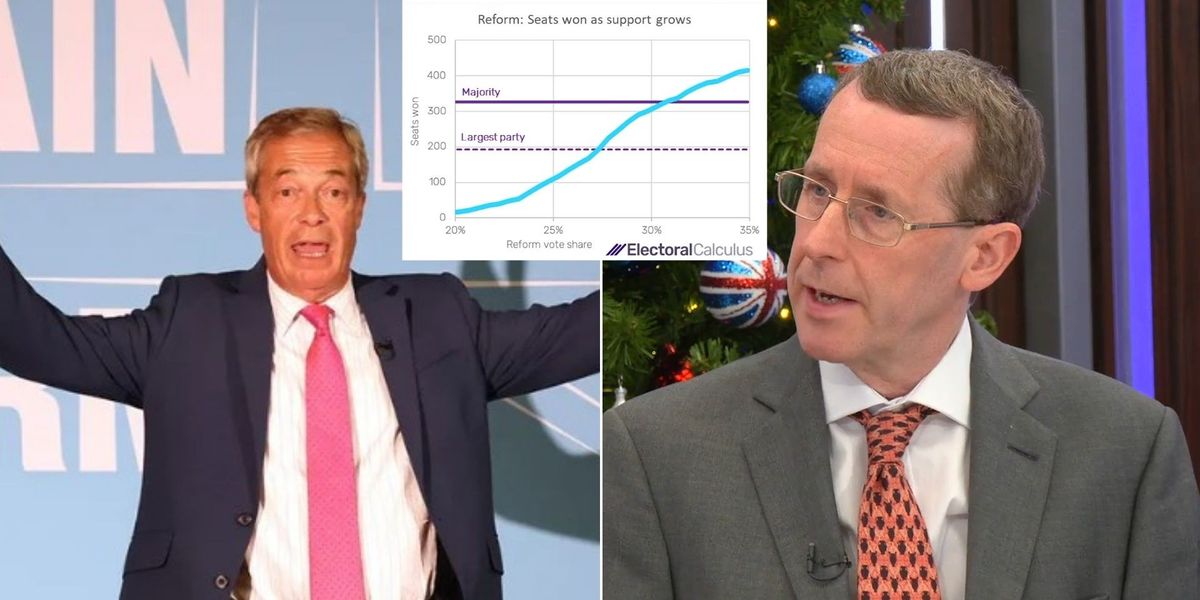What to do about net migration? This week official Government figures laid bare the challenge facing ministers about controlling the number of migrants allowed to settle legally in the UK.The figures are eyewatering – the difference between those arriving and those leaving these shores in the two years to the end of June this year was an extraordinary 1.2million.
No wonder Tory MPs on the right of the party have had enough, with the New Conservatives saying in a statement that “the word ‘existential’ has been used a lot in recent days but this really is ‘do or die’ for our party. Each of us made a promise to the electorate. We don’t believe that such promises can be ignored.”
They are right of course. Tory MPs were elected on a manifesto pledge in 2019 to cut net migration; instead the figures have ballooned since then. Some of us can remember when the Tories won power in 2010 with a pledge to cut net migration numbers to tens of thousands a year.
This increase is all the more galling for the party’s supporters because the 2016 Brexit referendum vote was about giving powers to our political leaders in the UK to control immigration numbers. That plainly has not happened.
MIGRATION FURY:
WATCH: Christopher Hope on soaring migration numbers
For me the numbers of illegal arrivals across the UK’s southern border is a symptom of a far bigger malaise. Rishi Sunak, the Prime Minister, says he gets this.
His spokesman said on Friday “we do think it is too high and it is placing unacceptable pressure on UK communities and that is why we will look at what further measures may need to be taken to get those numbers down”. What are those measures?
Sunak’s predecessor but one former Prime Minister Boris Johnson came out with his plan on Friday night, to hike the income level needed to get a visa to settle in the UK from £26,000 to £40,000. Johnson wrote in the Daily Mail: “These ¬numbers are way, way too big. People will not accept demographic change at this kind of pace — even in the most achingly liberal of countries and capital cities.
“Look at what is happening in Dublin, where that lovely and happy city seems to have been engulfed by race riots.”
Johnson has some nerve of course as much of the growth in net migration happened on his watch as Prime Minister. But, nevertheless, he can see the problem facing Sunak.
Lifting the minimum wage for visas is already one of the five measures planned by Immigration Minister Robert Jenrick. More likely though is a clampdown on allowing family members to come to the UK new arrivals.
The mantra in No10 so far has been that Sunak has been keen to grasp the nettle and tackle difficult issues. And there are few which are more challenging than curbing legal net migration – with the associated risk that any action could leave to shortages in health and social care, and hit economic growth.
But it is one which many voters will be demanding Sunak does not dodge before the next general election.













